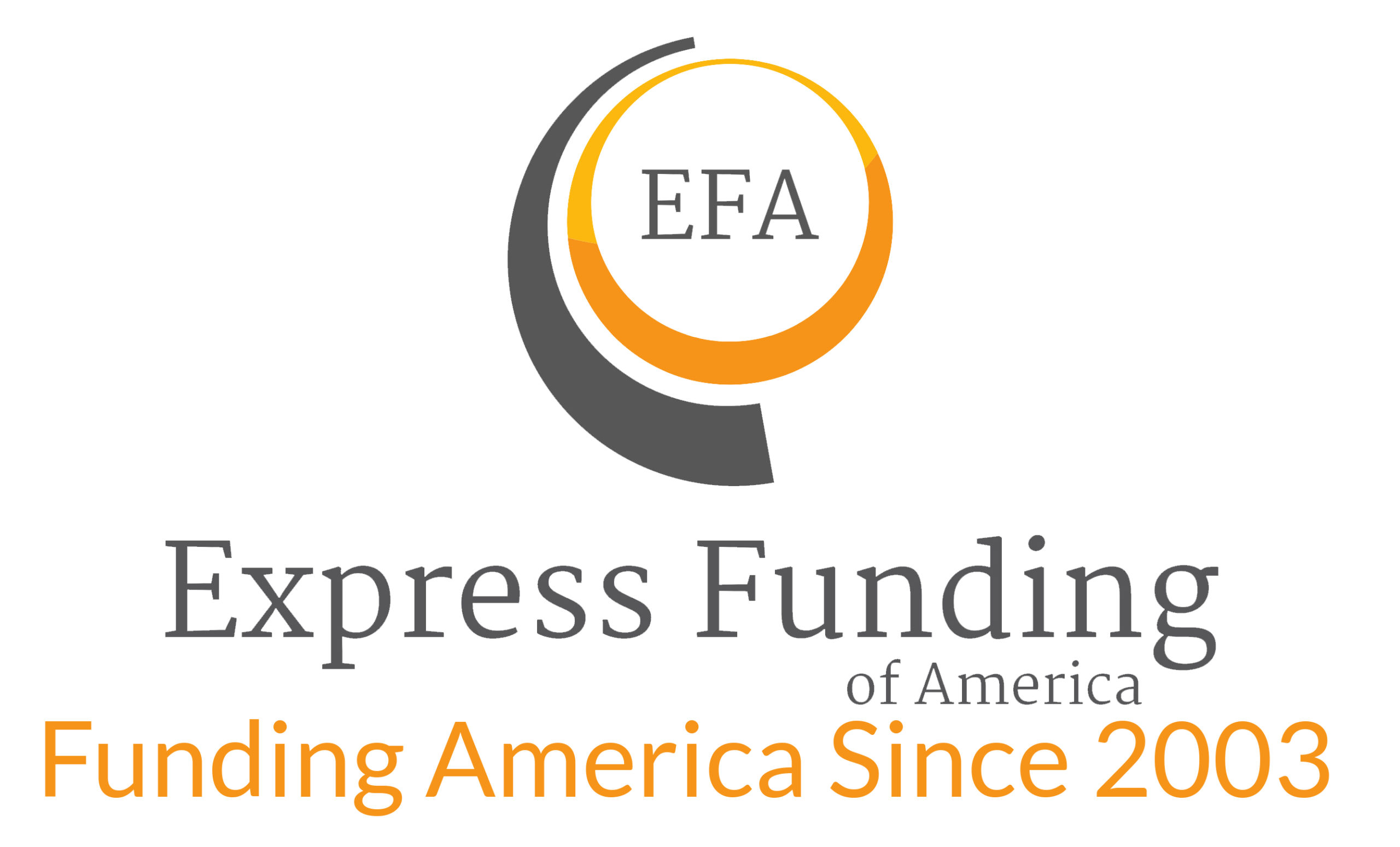Medical Malpractice
Understanding Medical Malpractice
Medical malpractice lawsuits don’t settle with quite the same frequency as personal injury cases, and the process can be more complicated. The doctor or other health care professional being sued often has the final say on approving or rejecting a proposed settlement, and malpractice insurers might be more willing to play hardball and take a case to trial, compared with other kinds of insurers. In this article, will describe the settlement process in medical malpractice Manhattan legal fund experts at Express Funding of America; have seen countless deal with the fact that the funds can take so long to be processed. All too often during this time period they may be in need of the funds, and when it happens, they may be in a position in which they cannot pay their medical bills, household costs, rent or mortgage and much more. However, with the help of Express Funding and their legal funding services, when it comes to medical malpractice Bronx clients can get the funds they need, in a lump sum payment, long before their settlement is processed, they simply have to pay back the fees when they win or settle their personal injury claim. In order to get the best possible outcome for your medical malpractice cases, however it is important to understand the process itself and to truly know what sets these claims apart.
The Negotiations Process
As with settlement in any kind of civil lawsuit, the actual dollar amount of a medical malpractice settlement is negotiated between the plaintiff and the defendants (often through or at least alongside the defendant’s malpractice/professional liability insurer). When it comes to medical malpractice Staten Island experts at Express Funding, often advise their clients that the injured patient’s damages are often the starting point for settlement talks. Economic damages, meaning quantifiable, provable expenditures or losses—like the cost of additional treatment made necessary by the health care professional’s medical negligence—can be relatively easy to calculate. When it comes to medical malpractice Staten Island experts educate their clients that the real negotiation takes place typically with non-economic damages. A plaintiff’s idea of appropriate compensation for things like pain and suffering and loss of enjoyment can be vastly different from a doctor’s or an insurance company’s valuation. When it comes to medical malpractice Manhattan clients must understand that the state laws limit damages awards in medical malpractice cases may also come into play, to the extent that a malpractice/liability insurer will have these caps in mind when negotiating toward a final number.
Doctor’s and Your Medical Malpractice Settlement
When a doctor or other health care professional is facing a medical malpractice lawsuit, their approval must usually be obtained before a settlement can be finalized. In contrast (and as a general rule) settlements for slip-and-fall or car accident cases can simply be settled by a defendant’s insurance company, regardless of the defendant’s wishes. There are numerous databases and state reporting repositories that track medical malpractice settlements. As a result, these settlements don’t carry the same level of confidentiality that others often do. This has a direct and often significant effect on the cost of a practitioner’s malpractice insurance, so doctors often have the final say on settlement. When it comes to medical malpractice Manhattan clients must understand that a physician may want to take his chances at trial rather than settle, instead of risking grossly inflated insurance premiums or being dropped by his insurance carrier. Furthermore, many doctors refuse to look at malpractice cases in a dispassionate matter, and if they feel they have not committed malpractice they will fight tooth and nail to attempt to prevent a plaintiff from recovering anything. Professional malpractice/professional liability insurance companies also tend to take a hard line on settlement. These companies may have “unofficial” policies that favor trying cases as opposed to paying out settlements. Medical malpractice insurance is a high stakes game, and insurance companies sometimes want to promote the perception that they are hardliners, in an attempt to discourage litigation against their insureds. Once a settlement is negotiated and approved by the parties, it’s often necessary to obtain court approval, particularly in cases involving minors. This is to prevent settlements that may be designed to provide quick payouts at the expense of actually providing for long-term financial needs. For more information on all there is to know about medical malpractice settlements, and obtaining legal funding, be sure to contact Express Legal Funding of America today.
